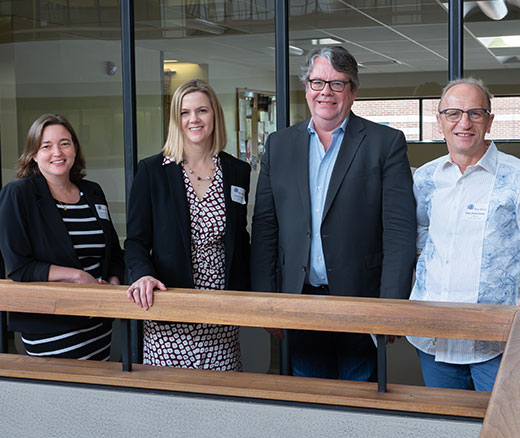Iliana V. Kohler, PhD is an Associate Practice Professor in the Department of Sociology at the University of Pennsylvania’s School of Arts and Sciences. Dr. Kohler is a health researcher and social demographer whose research builds on both social and biomedical sciences, and whose primary research agenda focuses on adult health outcomes, chronic diseases, intergenerational relationships, and morbidity and mortality in international contexts. She has collaborated extensively in multidisciplinary and international research teams, and has demonstrated leadership in coalescing research teams around new research ideas and innovative projects in population health. Dr. Kohler spearheaded the extension of the Malawi Longitudinal Study of Families and Health (MLSFH) towards research on aging, chronic diseases, and cognitive health and mortality in an African high HIV-prevalence context. She established the Mature Adults Cohort of MLSFH (MLSFH-MAC) in 2012.
Dr. Kohler is actively engaged in expanding this research agenda in Ghana. She helped initiate an international research network within PARC on “Aging in Sub-Saharan Africa,” in an effort to facilitate innovative aging-related population research in sub-Saharan Africa, and identify and make important contributions at a new challenging frontier of population science. Dr. Kohler served as the lead international consultant for the United Nations DESA project on data collection methodology and tools for supporting the formulation of evidence-based policies in response to the challenge of population aging in sub-Saharan Africa. Dr. Kohler and collaborators were awarded the Catalyst Award by the National Academy of Medicine (NAM) for their bold, new, and innovative idea supporting the aims of the NAM Healthy Longevity Global Competition to extend health and function as people age.






